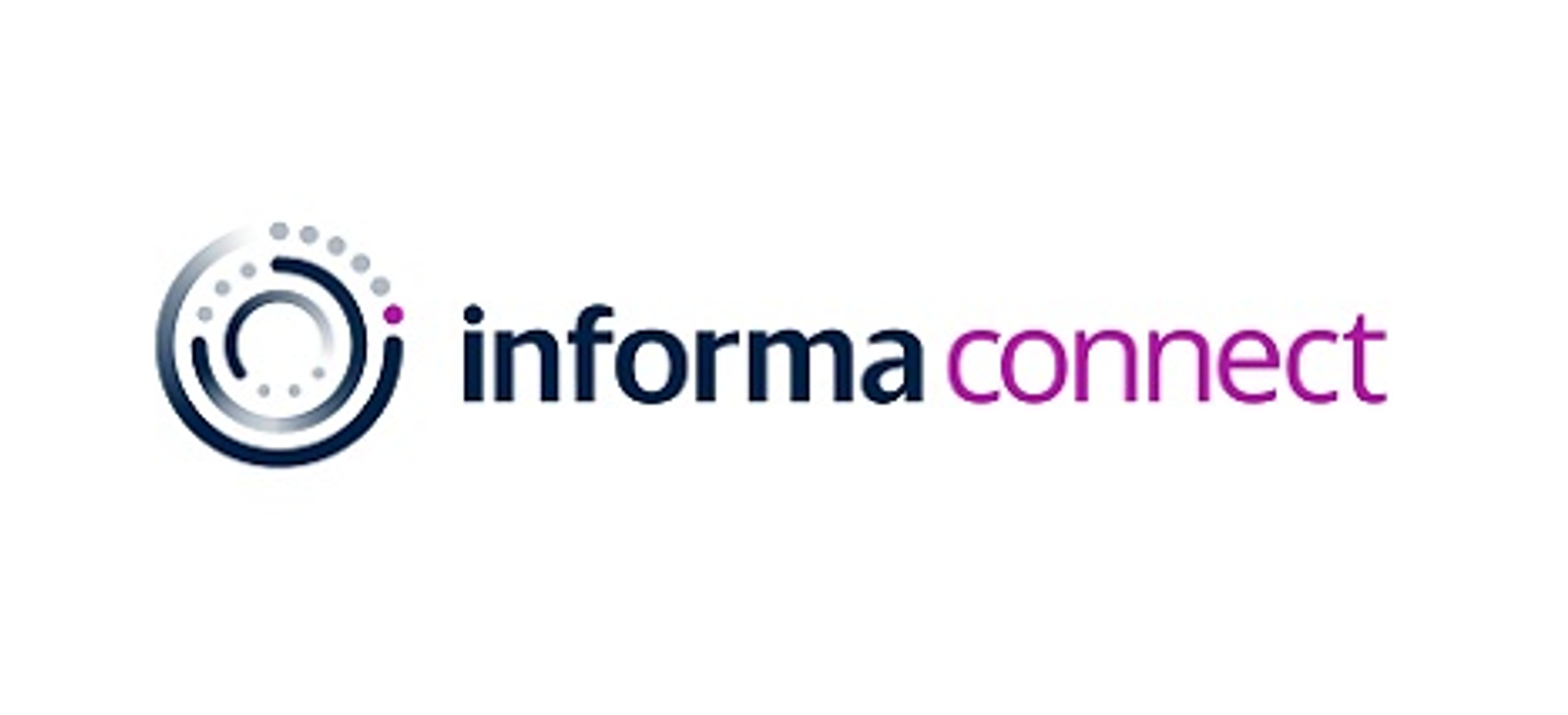As participants from the University of South Australia, the University of Adelaide, and the University of Southern Queensland engage in intense competition and collaboration, the event showcases the profound impact of case study-based gamified learning and multidisciplinary hackathons in higher education.
Integrating Educational Innovations
Following the integration of gamified learning and hackathons into curricula, significant improvements in student engagement and learning outcomes have been documented. Gamified learning, particularly through real-world case studies, has proven to be an effective tool in maintaining student interest and motivation. According to Hamari et al. (2016), gamification leads to heightened engagement and positively influences learning outcomes. This is especially relevant in fields such as business and technology, where understanding and navigating complex systems is crucial. Students actively participating in gamified learning display a deeper comprehension of the material and an enhanced capacity to apply this knowledge in practical scenarios.
Fostering Skills Through Hackathons
The BizTech Hackathon also highlights the benefits of multidisciplinary collaboration. Such events provide a unique platform for students to apply theoretical knowledge to real-time challenges, fostering not only technical skills but also essential soft skills like teamwork, communication, and critical thinking. Pe-Than et al. (2018) noted that participants in multidisciplinary hackathons exhibit significant improvements in collaborative skills and networking, which are vital in today's interconnected business environments. These hackathons serve as a microcosm of the workplace, where students tackle real-world problems, such as developing sustainable business (NetZero) models using cutting-edge technologies like Web3, Distributed ledger technology (DLT), Artificial Intelligence (AI)
Real-World Application and Feedback
One of the standout features of these educational methods is their capacity to emulate real-world challenges. Students learn to navigate the intricacies of actual business and technology environments, enhancing their readiness for the modern workforce. The iterative process inherent in both gamified learning and hackathons allows for the immediate application of feedback and continuous improvement, thus accelerating learning and enhancing outcomes.
Institutional and Participant Acknowledgments
The involvement of esteemed mentors like Peter Tippett and industry leaders like Matthew Mallows has been crucial. Tippett's guidance on using Hedera for community currency development and Mallows' insights on integrated reporting have inspired participants to integrate these advanced practices into their business models.
A special thanks to the judges—Carly Moulang, Anil Bhatta, Kent Makishima, and Simon Callaghan—and The Hedera Hashgraph Association for their support and sponsorship. Their commitment enriches the event, making it a cornerstone for practical innovation and educational enhancement.
Conclusion
The BizTech Hackathon at #ABExpo not only showcases student innovation but also illustrates the impact of integrating case study-based gamified learning and multidisciplinary hackathons into higher education. These methods have significantly benefited students and institutions by boosting engagement, enhancing learning outcomes, and preparing students for future challenges and opportunities in an increasingly complex world. As such, they stand as an effective means of equipping students with the skills necessary for success in the ever-evolving global marketplace.
Our Mentors
Paul Gyles Ralph Khoury Denny Thomas Matthew Mallows Kairav Modi Sonia Ytuarte Nasser Peter Tippett
Click here to review the launch of the hackathon
Click here to review the progress of the hackathon
References
Hamari, J., Koivisto, J., & Sarsa, H. (2016). Does gamification work? — A literature review of empirical studies on gamification. 2014 47th Hawaii International Conference on System Sciences.
Pe-Than, E. P. P., Nolte, A., Filippova, A., Bird, C., Scallen, S., & Herbsleb, J. D. (2018). Designing corporate hackathons with a purpose: The future of software development. IEEE Software, 35(1), 15-22.
Sailer, M., Hense, J. U., Mayr, S. K., & Mandl, H. (2017). How gamification motivates: An experimental study of the effects of specific game design elements on psychological need satisfaction. Computers in Human Behavior, 69, 371-380.
Briscoe, G., & Mulligan, C. (2014). Digital Innovation: The Hackathon Phenomenon. Creativeworks London.


